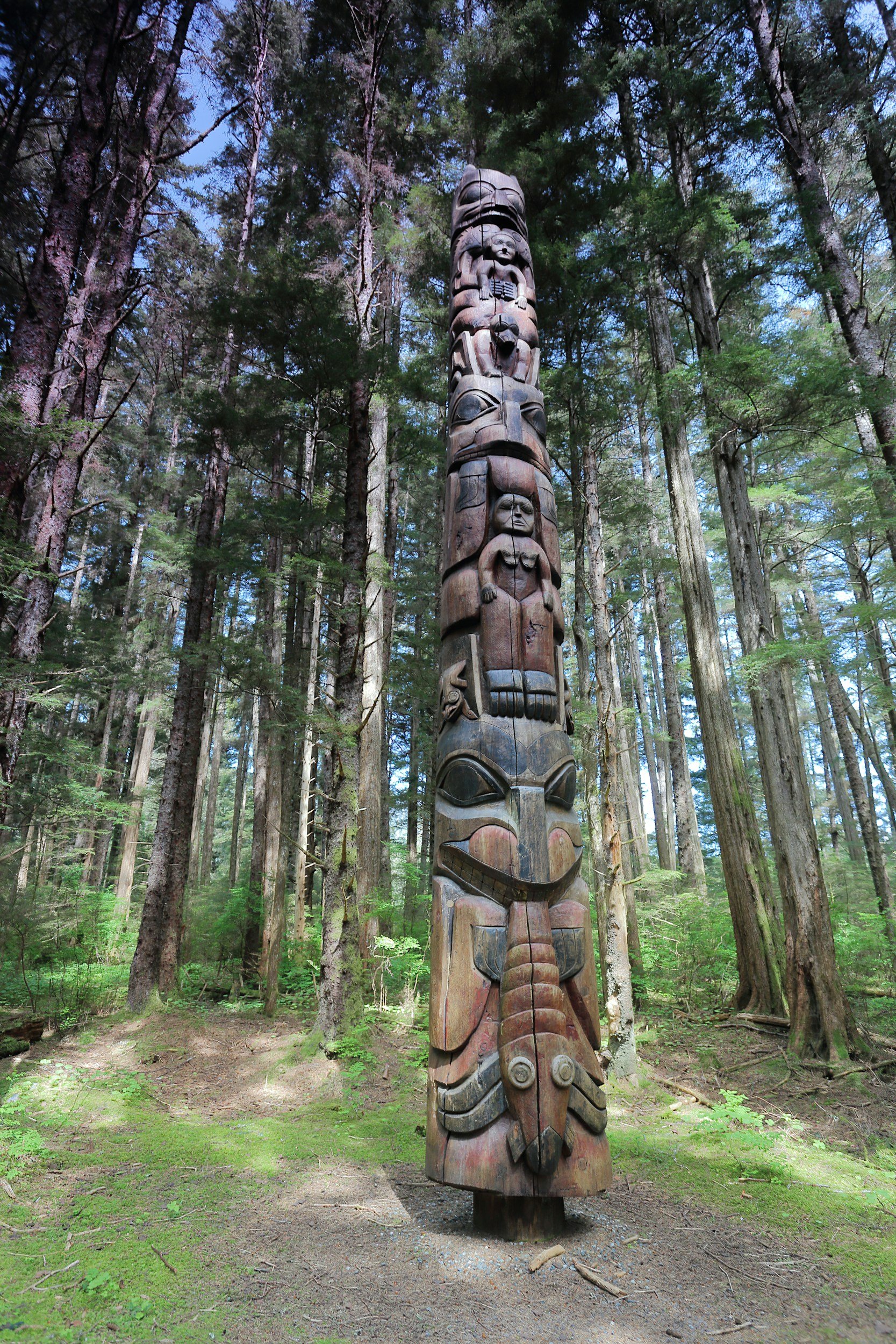3 Ways People Shape-shifted in Ancient Igbo Society
Stories from the past, of people shape-shifting into animals—Ihi Anu or Iyi Anu—offer fascinating insights into how people connected with the world of animals and spirits in ancient times. This unique form of transformation is one where human beings could take on animal forms, guided by spiritual and mystical forces. Though shape-shifting in Igbo mysticism extends beyond animal forms, our focus in this post is on this particular type—therianthropy—where people could take on the form of an animal for specific purposes and with distinct techniques.
3 Major Ways People Shaped-shifted in Igbo Traditional Society
Initiation and Spirit Possession: Therianthropy usually began with an initiation, where the spirit that allowed shape-shifting would possess the initiate, after the person has been ritually presented to the spiritual force that enabled such abilities. This was a process that required strong familial or ancestral ties to shape-shifting abilities. For some, this connection would be recognized at birth, and a newborn would be introduced to the spirit of Ihi Anu (the shape-shifting force). From then on, the person was spiritually marked as a potential shape-shifter.
People initiated in this manner could undergo astral travel, where their spirit would leave their body during sleep and roam in animal form. In their animal state, they would travel unseen along familiar paths, sometimes visiting other worlds or gathering insights that could only be seen from a non-human perspective. This was considered both a privilege and responsibility, as they carried the knowledge and experiences they gained back to their community, to help guide or protect it.
Using Ritual Substances and Incantations: For those who weren’t initiated by birth, shape-shifting could also be achieved through specific ritual substances and powerful incantations. These people would be trained by a spiritual expert, or dibia, who would introduce them to the substances, rituals, and chants necessary for transformation. Unlike the initiates who only shifted using astral travel, these ones could shape-shift while fully conscious and awake.
The ritual process was meticulous: before shape-shifting, the person would consume a prepared substance, an essential element believed to attune their body to the animal form they wished to take on. Alongside the ingestion of this substance, they would recite carefully constructed incantations to call forth the spirit of the animal. This method allowed them greater control over the transformation, and they could shift into animal form when needed, rather than waiting for sleep.
The Gift of Therianthropy through Reincarnation: In Igbo society, the belief in reincarnation played a key role in personal identity and spiritual abilities. It was believed that certain powers or gifts were carried over from one lifetime to the next, particularly for those with strong ancestral ties to therianthropy. If an ancestor was known for their ability to shape-shift into a particular animal, that gift could be passed down to a descendant through the process of reincarnation.
This wasn’t an ability one had to seek out or learn per say—such persons were born with it. From a young age, they would display traits or abilities associated with the animal their ancestor favored, mostly without prior training or initiation. This type of therianthropy was seen as a natural gift, a spiritual inheritance that connected the person deeply with their ancestral lineage. The bond was so strong that when such people shape-shifted, they would still take on the exact animal form their ancestor did, furthering the family’s connection to this unique gift. In some cases when this ability was present through reincarnation or a a natural spiritual gift, initiation would still be required to help the person fully activate their spiritual senses, and achieve shape-shifting with much more ease.
The Role of Shape-shifting in Igbo Society
Shape-shifting in ancient Igbo society beyond being a mystical feat was also an expression of deep spiritual commitment. People who could transform into animals took on the role of protectors, healers, or guides within their communities. In Igbo thought, everything holds spiritual significance, and those who could access the energy and characteristics of animals this way were held in high regard. It’s also worth noting that therianthropy was seen as a means of keeping a close connection to the natural world, reinforcing the Igbo value of living harmoniously with all forms of life.
Final Thoughts
Shape-shifting in Igbo spirituality remains one of the most captivating aspects of its mystical practices, revealing the depth of connection between humans, animals, and the unseen. Each of the three methods of transformation—initiation and possession, ritual substance and incantations, and reincarnation gifts—speaks to the diverse ways the Igbo ancestors remained connected their natural and spiritual worlds.
Reflective Task
Think about an animal you feel connected to, one whose characteristics you admire or feel drawn to. Spend some time each day visualizing this animal, considering what lessons it might hold for you or what strengths it embodies. This exercise won’t turn you into the animal, but it can bring you closer to understanding the animal’s energy and the wisdom it might represent in your life.
Shape-shifting may not be part of your practice, but aligning and seeking out wisdom from a spirit animal could deepen your awareness and connection to the natural world—just as the ancient Igbo did.
Recommended Resources:
Spiritual Guides vs Shape-Shifting | Dibia Nwangwu Uchendu (Blog)
Spirit Guides In Igbo Spirituality | Dibia Nwangwu Uchendu (Blog)










